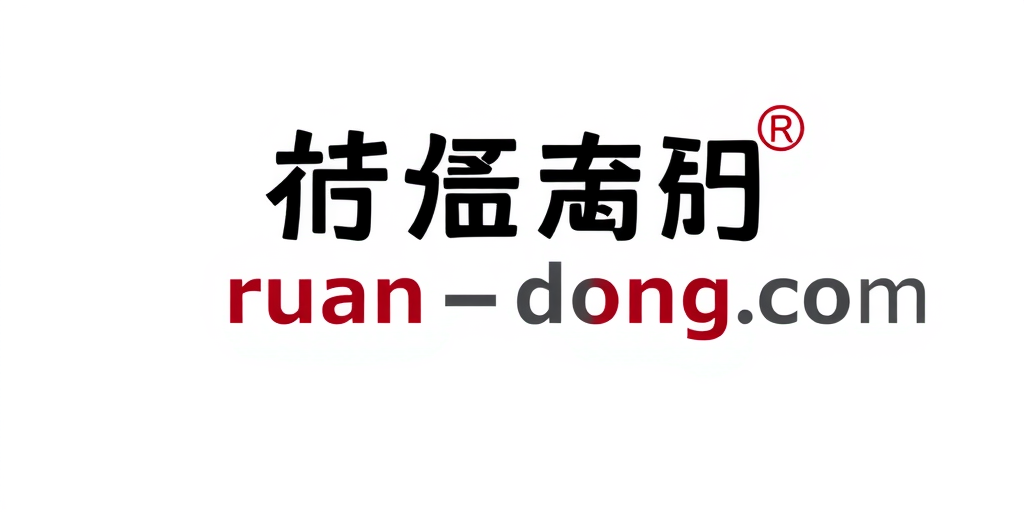Mastering Automated SEO: Boosting Traffic with Technology
In the ever-evolving digital landscape, search engine optimization (SEO) remains a pivotal component for businesses trying to establish their online presence. Traditional SEO tactics, involving extensive keyword research and manual adjustments, have long been the foundation of enhancing search engine rankings. However, with the rapid advancements in technology, SEO is undergoing significant transformations. Among these advancements is the rise of automated SEO solutions, which promise efficiency, speed, and effectiveness. In this blog post, we will delve into the world of automated SEO, exploring its mechanisms, benefits, and potential challenges.
Incorporating advanced algorithms, automated seo has revolutionized the manner in which websites compete for higher search engine rankings. These tools leverage sophisticated machine learning models to streamline various SEO processes such as keyword analysis, backlink management, and on-page optimization. By automating these tasks, businesses can allocate their resources more strategically, focusing on content creation and customer engagement instead. The promise of automation offers not only reduced time consumption but also enhanced accuracy, minimizing the errors often attributed to human intervention.
Understanding the Role of Automation in SEO
Automation in SEO refers to the use of technology to perform tasks that would otherwise require direct human intervention. At its core, automated SEO aims to simplify and enhance the efficiency of SEO activities. The scope of automation spans various facets of SEO, including technical audits, competitor analysis, keyword tracking, and performance reporting. By integrating automation, businesses can optimize their strategies and maintain agility in an increasingly competitive online environment.
Key Benefits of Automated SEO
1. **Time Efficiency**: One of the most significant advantages of automated SEO is its ability to save time. Manual SEO processes can be time-consuming and labor-intensive. Automation tools, however, can perform complex analyses and generate reports in a fraction of the time it would take a human expert.
2. **Consistency and Accuracy**: Human error is an inherent risk in any manually conducted task. Automated systems mitigate this risk by providing consistent and accurate results. Whether it's monitoring website metrics or analyzing competitor data, automated SEO ensures that businesses have access to reliable information.
3. **Scaling Capabilities**: As businesses grow, their SEO requirements become more complex. Automated SEO tools are scalable, allowing businesses to adapt to increasing demands without the need for a proportional increase in manual efforts. This scalability is crucial for accommodating expanding product lists, territories, and target audiences.
4. **Cost-Effectiveness**: By minimizing the need for extensive labor in SEO processes, automation can lead to significant cost savings. Businesses can reallocate financial resources towards other critical areas such as marketing and product development, ensuring a more comprehensive approach to growth and development.
Challenges and Considerations
While automated SEO presents numerous benefits, it is not without its challenges. Businesses must be aware of several considerations when implementing automated solutions:
- **Quality of Software**: The effectiveness of automated SEO is highly dependent on the quality of the software used. Companies must invest in reputable tools that offer comprehensive features and reliable support. Investigating user reviews, case studies, and conducting software trials can provide valuable insights into what works best for a specific business need.
- **Lack of Personalization**: Automated solutions can sometimes lack the personal touch that human expertise brings. Tailoring content strategies and understanding nuanced market dynamics are areas where human intervention remains essential. It's crucial for businesses to strike a balance between automation and personal expertise to achieve optimal results.
- **Dependency Risk**: Over-reliance on automated tools can lead to dependency, where businesses may struggle to execute SEO strategies without them. It’s important to maintain a baseline of SEO knowledge within the organization to ensure that human oversight is present and that the business can function independently of automated systems if necessary.
The Future of Automated SEO
The future of SEO is undeniably tied to automation. As technology continues to advance, we can expect more sophisticated tools capable of delivering even deeper insights and more personalized recommendations. Machine learning and artificial intelligence will likely play a pivotal role in this evolution, enabling automation tools to predict and adapt to changes in search engine algorithms seamlessly.
Moreover, the integration of voice search capabilities, mobile optimization, and local SEO adjustments will become increasingly automated, reflecting the broader trends in search behavior. Companies that embrace these innovations and utilize them effectively will likely gain a competitive edge in their respective fields.
Conclusion
Automated SEO is reshaping the digital marketing landscape by offering a strategic advantage through efficiency, accuracy, and scalability. While challenges exist, particularly regarding personalization and dependency, the benefits often outweigh the cons for businesses aiming to optimize their online presence. As we look toward the future, embracing automation in SEO is not just a trend but a necessity for thriving in the digital marketplace. Businesses that strategically implement automated SEO solutions will harness the power of technology to secure lasting visibility and success online.


